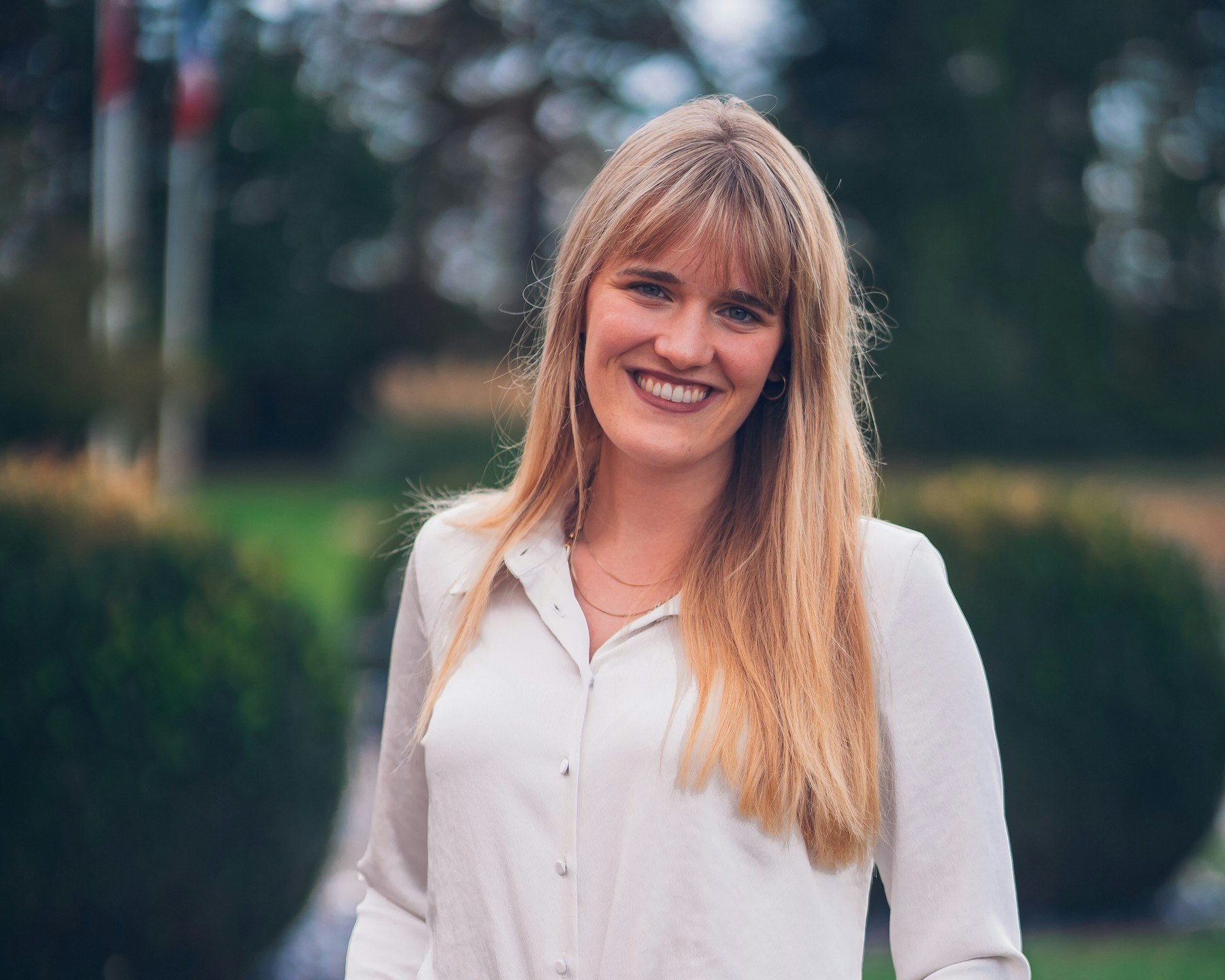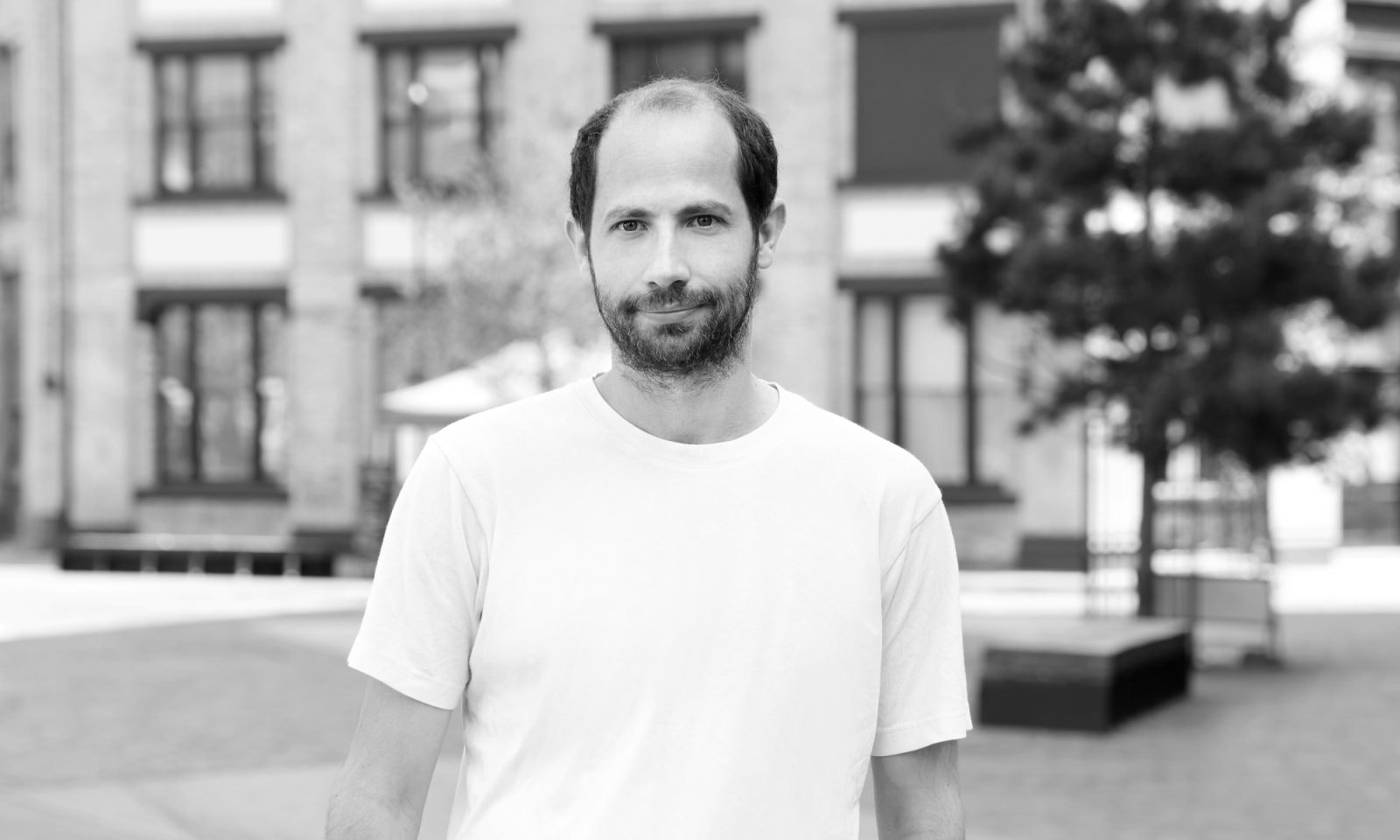From mycelium-based meals to making plant-based meat taste more like the real thing, foodtech startups want to change the way we eat.
Founders are creating new avenues of nutrition in response to looming food shortages, a demand for cleaner ingredients and climate change’s effect on agriculture.
And alongside novel foods, other companies are looking to reduce those factors through creating new ways to offset or reduce the impact that the industry has on the planet.
So far, it seems investors have the appetite for it too.
Although total funding in foodtech startups in 2023 saw a decline compared to the two years preceding it, that wasn’t unusual last year.
Outside of 2022 and 2021, foodtech investment is on the up compared to 2020, with 22% more raised last year.
Here are the foodtechs that investors from FoodLabs, PeakBridge and Re:food have got an eye on.
Christian Guba, principal at FoodLabs

CarbonFarm — France
CarbonFarm approaches a major environmental challenge: the high methane emissions from rice farming, which is responsible for between 8-12% of all man-made methane emissions, according to various sources.
The company provides a blend of AI and satellite data to accurately track emissions from rice farms, and then uses this data to offer verified carbon credits to companies looking to offset their own emissions, and to help rice farmers adopt more sustainable practices to reduce the impact of their rice crops.
Kern Tec — Austria
Europe throws away over 500k metric tons of stone fruit pits every year, which then go to waste. Kern Tec turns the pits from apricots, plums and cherries that would otherwise be binned into valuable food products, including ingredients to make plant-based dairy and confectionery items.
Amatera — France
Amatera addresses the issue of climate-vulnerable crops through breeding plants that are more resilient against changes in the climate and environment, without using genetic modification.
For example, in response to the prediction that the areas suitable for growing the Arabica coffee bean will reduce by 50% by 2050, Amatera is developing a new, more versatile coffee blend variation called "Robustica" that can grow in a wider range of available environments.
Nathalie Öhlander, investment manager at Re:food

One.five — Germany
Only a small percentage of the plastic discarded by consumers is recycled. One.five addresses the challenges in the flexible packaging space by developing and combining biomaterials with fibre-based packaging. By doing so, it ensures that the company’s packaging products are fit for purpose and can meet regulators' recyclability targets while still being affordable and reliable for consumer goods companies.
Fermify — Germany
As a vegan, solving the cheese puzzle is high on my agenda — I long for a delicious vegan pizza with melted cheese.
Fermify is a Vienna-based company working on a continuous fermentation system based on 15 years of research in bioprocessing. The company aims to sell and install pilot plant facilities with built-in technology for food production customers who want to have an in-house pilot facility for casein production, a key ingredient in making vegan cheese.
Eva Everloo, senior analyst at PeakBridge

Planetary Group — Switzerland
Planetary Group builds, owns and operates infrastructure like fermentation plants, which it leases out to startups working with microbial fermentation looking to industrially scale up their processes. Microbial fermentation is involved in the production of products like mycoproteins, which are used to make novel foods and biomaterials.
Healthy-Longer — Switzerland
Healthy-Longer is running a pilot programme that analyses urine samples to offer personalised insights on nutrition and recommendations on what to eat to boost mental health. It identifies the nutrients that each person is lacking and recommends food that is readily available in supermarkets and grocery stores.
Eatch — the Netherlands
Eatch has developed a robotic kitchen technology that can produce gourmet-quality meals at scale, with software that allows users to tailor the meal they want. The meals are individually cooked in small pans, and the company is targeting central production kitchens in offices, hospitals, schools and retail, to offer alternatives to mass-produced meals.
Tierra Foods — UK
Tierra Foods is spearheading advancements in biomineralisation, a process that uses certain tree species that can turn CO2 into minerals in the soil to create carbon sink projects, which absorb more carbon from the atmosphere than they release. The carbon sink projects are designed for food companies looking to reduce their impact to invest in, or use in their supply chain. The trees also produce superfood ingredients like ramón flour, and are planted on degraded land to restore the soil and create new diverse ecosystems


